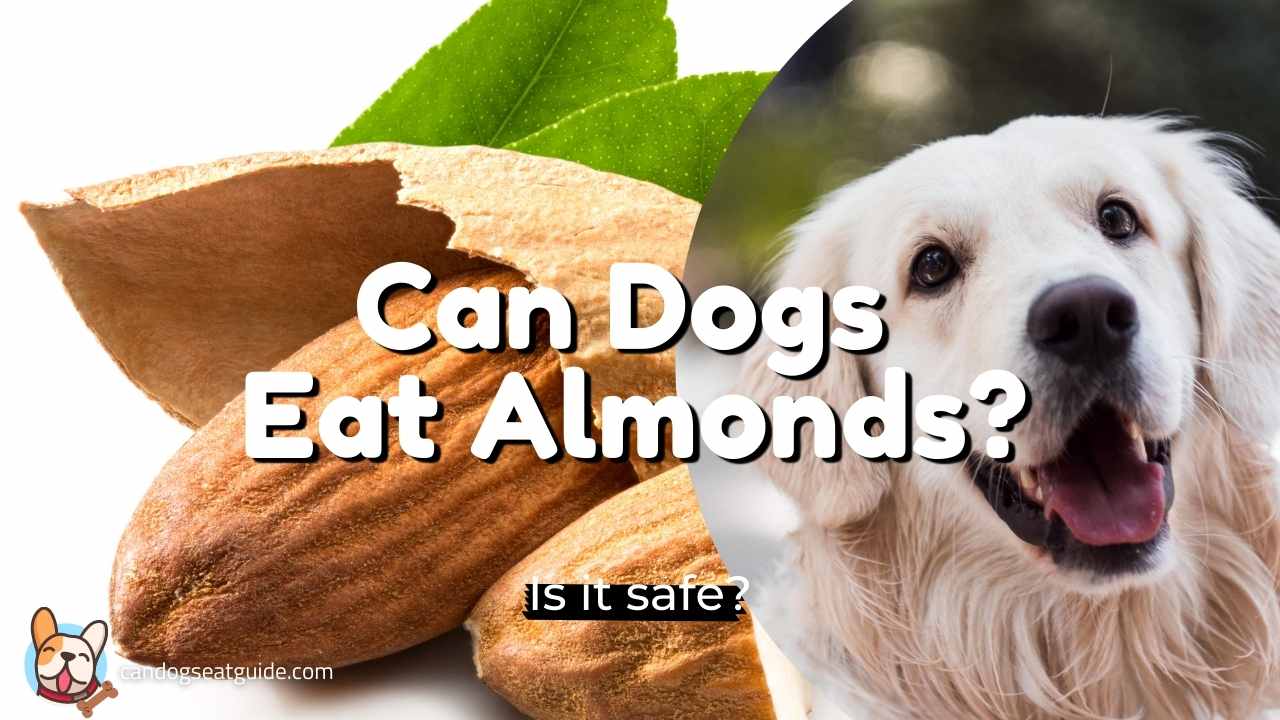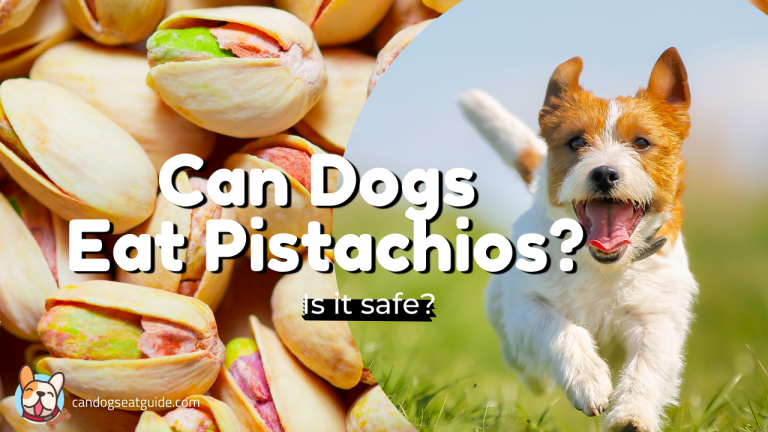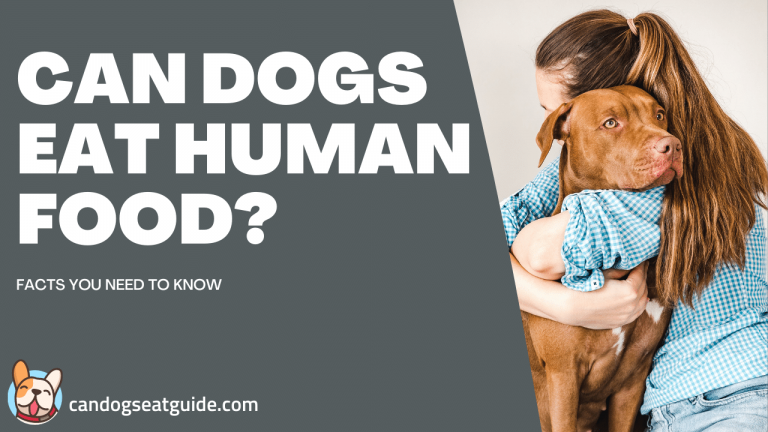Can dogs eat almonds?
The short answer to this is well, no.
We, humans, love almonds. Especially in the wintertime when almonds are pretty much at their peak in terms of demand, along with other types of dried fruits and nuts.
Growing up in fact, one of my favorite parts about the winter was getting rolled up into a cozy little blanket at night and munching on a handful of almonds, etc. while reading my favorite book. And I am sure a lot of us have something similar to share when it comes to wintery nights that are just perfect for these nutty treats.
But what about our dogs?
Can dogs eat almonds? Or better yet, should they?
In this article, we’re going to find out the answer to this and so much more. So, let’s dive right in.
Can Dogs Eat Almonds: Why No, Instead of Yes
Dogs cannot eat almonds due to several reasons.
The first of these is choking.
As it so happens, almonds are small, and not only that, unlike peanuts, they are not very easy for dogs to eat.
This is primarily because almonds tend to be harder and thicker. Plus, these are also more slippery on the tongue. Thereby, leading to some serious choking hazards.
As a general rule, many vets say that it’s best to stay as far away as possible from nuts and legumes since these tend to get lodged within a dog’s throat.
And if, by chance, it manages to be gulped down then because it has not been chewed properly, the chances of it getting lodged somewhere inside the small intestine are still large.
Can Dogs Eat Almonds: Pancreatitis

Pancreatitis is a disease that has become rather prevalent in dogs in recent years.
One of the reasons behind this is that many dog owners chose to remain ignorant about the effects a change in diet can have on the health of their pets.
Some owners, albeit with the best of intentions, may introduce a very fattening diet to their canine friend’s diet without realizing it. The idea behind this is that well, my dog plays so much, he needs all the energy he can get.
Unfortunately, this is a misconception.
Dogs get the right amount of energy from non-fat sources. These include lean meats, veggies, etc. Adding a high-fat diet to the mix does nothing else aside from making your pooch gain extra pounds, and what’s worse – leads to problems such as pancreatitis.
So, what is pancreatitis?
To put it simply, this is a disease whereby the pancreas of a dog becomes highly inflamed.
The inflammation occurs because digestive enzymes are released prematurely by the pancreas into itself, as opposed to releasing them into the small intestine where these are needed.
The result of this is that the walls of the pancreas itself get digested leading to a very high imbalance in the pH levels of the body which ultimately causes huge inflammation sites to develop.
What’s worse, is that the condition can develop very quickly and spill damage over into the liver and other parts of the body.
Can Dogs Eat Almonds: How to Prevent Pancreatitis
The way to prevent the onset of pancreatitis is simple. Firstly, educate yourself* about all types of diets that may affect your dog in a certain way.
Secondly, ensure that such diets are kept as far away from your dog as possible.
Or, where the occasion demands it, that the treats are only given to your pet on very few occasions. As in the case of certain vegetables etc.
But with almonds, the case speaks for itself. The easiest way to make sure that your buddy does not get develop pancreatitis because of almonds is to well…not give them almonds.
Yes, we get it. What about those round, puppy dog eyes that just love it when you’re munching on your almonds and want just a little bite of it?
The only way out of this is to be strict about it. Say no and tell them to back off. Even better yet, to make sure that your dog does not accidentally eat any almonds while you’re not looking, make sure to keep them in a separate cupboard that’s well out of their reach.
Can Dogs Eat Almonds: What If They Have One?

Luckily, almonds- unlike macadamia nuts, are not toxic to dogs.
This means, that only after they have had prolonged exposure to the fat content present in almonds will they actually develop pancreatitis through it.
So really, there is no need to worry if your pooch has in fact sneaked up on one or two almonds behind your back.
To be on the safe side though, monitor them for signs of choking and be sure to check in with a vet immediately if they display any of the symptoms.
Can Dogs Eat Almonds: Signs of Choking
Many dogs tend to paw at their mouth while choking. Any species, in fact, will usually reach for its mouth when it is on the verge of choking. Other signs and symptoms, however, include the following:
- Painful Facial Expressions;
- Crouching;
- Distress;
- Pain;
- Writhing.
Immediately perform basic first aid to remove the almond from within their esophagus if it’s been lodged in there.
If that doesn’t work and your dog seems like they’re starting to lose breath, perform CPR, with chest compressions spaced as they should for your dog (learn this information proactively beforehand).
Finally, if you are able to save your dog using basic first aid then immediately take them to the hospital. The reason for this is that in many cases, CPR does not maintain the heart rhythm but only resuscitates it.
Can Dogs Eat Almonds: Signs of Pancreatitis
Somehow if you’ve been unwittingly giving your dog almonds as treats, please be sure to monitor your dog for symptoms of pancreatitis.
Luckily, pancreatitis via almonds does not develop unless prolonged exposure is present. Regardless, be sure to look out for the following things:
- Vomiting;
- Diarrhea;
- Gas;
- Loss of appetite;
- Lethargy;
- General discomfort.
Immediately schedule a vet visit should any of these appear.
Can Dogs Eat Almonds: Flavored Almonds
Unfortunately, flavored almonds pose an even greater risk.
If the almonds have been roasted in salt, for instance, they will possess a very high sodium content. Large amounts of sodium are bad for dogs since they can lead to water retention and bloat in dogs- a condition that can very quickly progress and become fatal within hours.
If, however, the almonds have been coated with sugar then this might be even worse.
That is because Xylitol an artificial flavoring tends to increase insulin levels drastically and lower blood glucose levels thereby sending a dog into shock and ultimately leading to their death.
Can Dogs Eat Almonds: Fun Facts
So, all in all, the answer to ‘Can dogs eat almonds?’ is a firm no.
But what about almonds as a general nut? Surely there must be some good things about it. Well, of course, there are!
In fact, here are some cool, fun facts about almonds for you to read:
- Almonds need really hot weather and cool winters to grow. Making certain regions better for almond production than others
- Almond production depends solely on pollination by bees.
- In fact, almond farmers rent bees for pollination and it’s one of the costliest things in production.
FAQs
Can dogs eat almonds as a treat?
No. There are better treats available for dogs.
Can dogs eat almonds if they’re crushed?
Yes. But they should be crushed thoroughly. And even then, the paste should only be given very sparingly.
Can dogs eat almonds occasionally?
No. The choking hazards will persist.
Can dogs eat almonds with other foods?
No, the fat content still exists.
Can dogs eat almonds with other dried fruits and legumes?
No. The fat content is now even higher and should be avoided.









